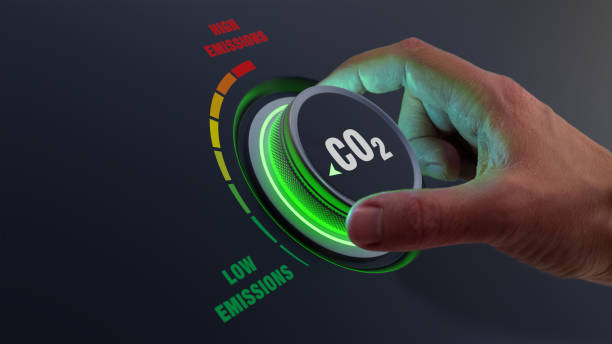Decarbonisation of the EU and why it makes sense
Decarbonisation of the EU and why it makes sense https://h2-heat.eu/wp-content/themes/corpus/images/empty/thumbnail.jpg 150 150 H2Heat Project https://h2-heat.eu/wp-content/themes/corpus/images/empty/thumbnail.jpgDecarbonisation is the crucial process of lowering carbon dioxide (CO2) emissions throughout numerous economic sectors. To reduce our carbon footprint, we must move away from fossil fuels and adopt low-carbon or carbon-neutral technologies. 🚀 To reduce our carbon footprint, we must move away from fossil fuels and adopt low-carbon or carbon-neutral technologies.

The climate issue is mostly brought on by carbon emissions. Fossil fuel combustion, deforestation, and industrial operations all create greenhouse gases like CO2, which surround the Earth and trap heat.
Understanding the Urgency
“Climate change is a global problem. The planet is warming because of the growing level of greenhouse gas emissions from human activities. If this trend continues, truly catastrophic consequences are likely to ensue from rising sea levels, to reduced water availability, to more heatwaves and fires.” – Kofi Annan (former Secretary-General of the United Nations)
Decreasing pollution is becoming increasingly attainable, affordable, and practical as a result of ongoing technological developments in renewable energy, energy efficiency, carbon capture and storage (CCS), and electrification.
Economic and Health Benefits: A Win-Win Scenario
Reduction of CO2 extends its benefits beyond the realm of environmental preservation. It also catalyzes economic prosperity and promotes improved public health. It fuels job creation in the burgeoning clean energy sector, reduces healthcare costs by enhancing air quality, and serves as a driving force for economic growth.
Maybe, we should try to understand the crucial role that governments have played in advancing decarbonisation initiatives. Supportive regulations have the power to restructure entire industries, hasten the uptake of renewable energy sources, and set us on the path to a more sustainable future.

Overcoming Obstacles Through Global Cooperation and Challenges
While decarbonisation is a vital requirement, it is unavoidably plagued with a huge array of problems and barriers. Political opposition, the need for significant infrastructure changes, and most crucially, the requirement for strong international cooperation are all part of this spectrum of issues. Any country can travel the path to decarbonisation on its own, but not with much momentum as with cooperation. It depends on the collective will of all nations, governments, and communities in the world to put aside differences, pool resources, and find a way to work towards common sustainability goals. As only through this united front can we hope to overcome the hurdles that lay before us and make substantial steps towards a cleaner, more sustainable future for all.
Leader in Sustainability
The EU’s dedication to decarbonisation is driven primarily by the unquestionable necessity of addressing climate change. The combustion of fossil fuels is the main activity that contributes to the increase in global temperatures, and this has severe effects, according to the scientific community. Extreme weather, sea level rise, and ecosystem disruptions are all signs that carbon emissions must be drastically reduced. The EU is actively supporting efforts to limit global warming, as stipulated in international agreements like the Paris Agreement, by decarbonising its economy.
Beyond the urgent danger posed by climate change, decarbonisation is consistent with the EU’s leadership of the environment on a global scale. European Union has a long history of advocating for environmental protection and sustainability. The EU wants to safeguard its own natural landscapes while simultaneously setting a global standard for ethical environmental management by lowering its carbon footprint. It recognizes the close connection between maintaining ecosystems and biodiversity and cutting carbon emissions.